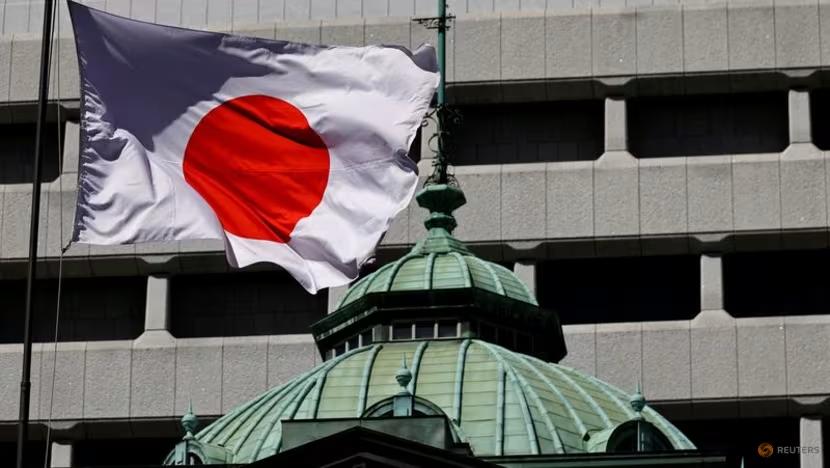
Bank of Japan's Decision to Maintain Rates
The Bank of Japan (BOJ) is reportedly inclined to keep interest rates unchanged in its upcoming meeting next week. This decision stems from the need to carefully assess global economic risks and the outlook for wages in the coming year, according to five sources familiar with the BOJ's internal discussions.
The BOJ's preference for a steady approach increases the likelihood of a rate hike in either January or March, when more data on wage growth will be available. The central bank remains divided on the timing, with some board members still advocating for a December hike, citing Japan's meeting of conditions for rate increases.
The final decision will hinge on each board member's conviction about Japan's potential to achieve sustained, wage-driven price rises. Additionally, there is a slim possibility that the BOJ might act if external events, such as the U.S. Federal Reserve's rate-setting meeting, trigger a yen plunge that intensifies inflationary pressures.
However, overall, many BOJ policymakers seem unhurried to raise rates, given the minimal risk of inflation overshooting despite Japan's near-zero borrowing costs. "Japan isn't in a situation where imminent rate hikes are needed," one source noted, emphasizing the benign inflation environment that allows for careful data scrutiny.
The BOJ's final policy meeting of the year is scheduled for December 18-19, where the nine-member board will deliberate on whether to raise short-term interest rates from the current 0.25 percent. Market expectations currently lean towards a rate hike by end-March, with less than a 30 percent probability priced in for December.
The central bank's guarded stance on the next rate hike timing reflects growing internal conviction that conditions for another hike are aligning, supported by moderate economic growth, steady wage rises, and inflation exceeding the 2 percent target for over two years. However, the absence of urgency to hike is underscored by the yen's recent rebound, which has alleviated inflationary pressure from raw material imports.
The government's preference for cautious BOJ action and uncertainties surrounding U.S. President-elect Donald Trump's economic policies further support the BOJ's inclination to wait. The BOJ's decision next week will closely follow the Fed's rate-setting meeting, potentially influencing the BOJ's move based on the Fed's outcome.









Comments